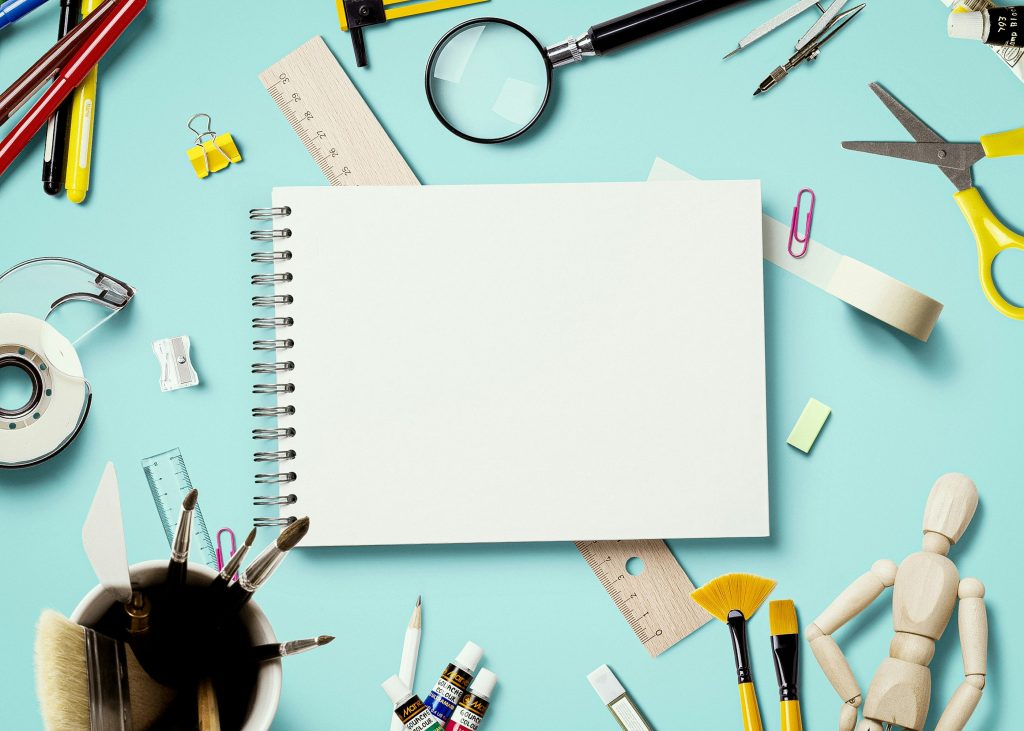Establishing Classroom Routines
Strong routines are the backbone of effective classroom management. Here are checklists and resources to help you establish, teach, and maintain classroom routines that will save time, reduce confusion, and create predictable structures that help all students succeed. From your very first day to ongoing maintenance, these tools will help you build routines that become second nature.
Essential Routines Checklist
Beginning of Class
- How students enter the classroom
- Where they put belongings
- What they do while waiting for class to start
- How attendance is taken
- Daily warm-up or bell-ringer routine
During Instruction
- How to ask questions
- Signal for attention
- Bathroom/water procedures
- What to do when finished early
- How to ask for help
Transitions
- Moving between activities
- Distributing materials
- Forming groups
- Clean-up procedures
- Technology transitions
End of Class
- Packing up signal
- Homework assignment routine
- How students exit
- Closing ritual
Routine Implementation Timeline
Week 1: Foundation Building
- Introduce 2-3 core routines
- Practice extensively
- Focus on entry and attention signals
- Expect to re-teach multiple times
Week 2: Expansion
- Add transitions and materials management
- Continue practicing established routines
- Begin connecting routines to learning
Week 3-4: Refinement
- Add remaining routines
- Students begin monitoring themselves
- Introduce student leadership roles
Week 5+: Maintenance
- Periodic practice and reinforcement
- Adjust routines based on what’s working
- Student ownership increases
Routine Teaching Script Template
Introduce: “Today we’re going to learn how to [specific routine]. This is important because [reason].”
Model: “Watch me as I show you exactly what this looks like.” [Demonstrate]
Practice: “Now let’s practice together. I’ll guide you through it.”
Feedback: “I noticed [specific positive behavior]. Next time, remember to [specific improvement].”
Independent: “Now you try it on your own.”

